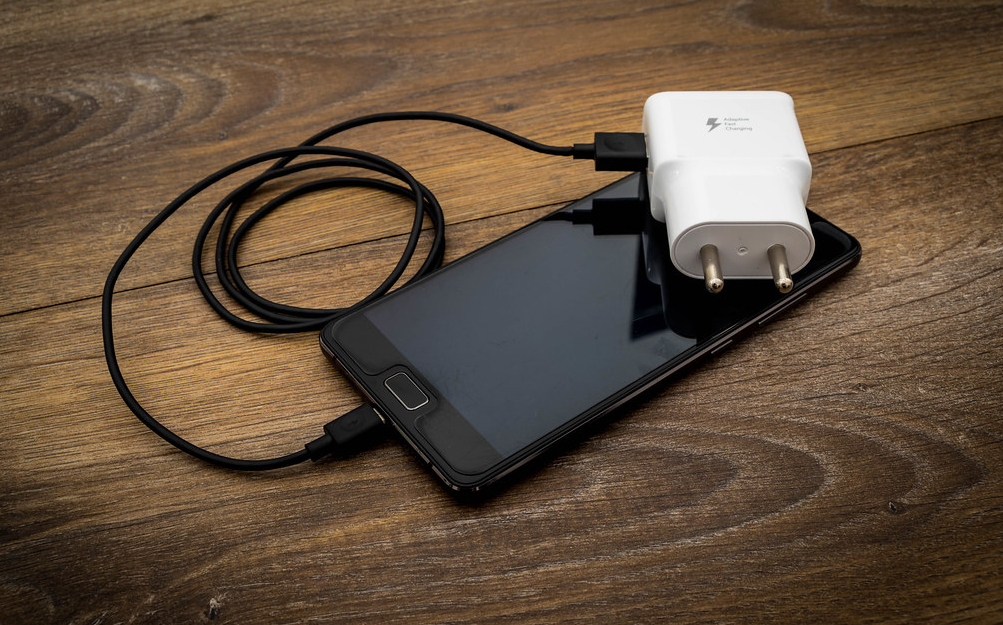You will find rechargeable lithium (Li)-ion batteries everywhere, powering our smartphones to notebooks, earbuds, portable electronic devices, and also in electric vehicles now. It’s hard to imagine our life without these lithium batteries.
While the convenience of these rechargeable batteries has radically altered the way we work, communicate, and access information.
But this technology is far from perfect, it has various serious issues. The performance of these lithium-ion batteries degrades over time. These batteries are a potential fire hazard, causing explosions without warning due to overheating. Very low temperatures affect their ability to store and release energy.
Not only this, these batteries have a considerable environmental impact of spent battery disposal. These batteries end up in landfills. Americans alone dump around two billion lithium-ion batteries each year
But there is good news!
A team of researchers in Russia has developed a new type of battery technology that can charge approximately 10 times faster than existing lithium-ion batteries.
These researchers from the Department of Electrochemistry at St Petersburg University integrated a polymer-dependent on the nickel-salen complex (NiSalen). The key to the new batteries is a kind of nitroxyl-based redox polymer, a material that can endure reversible oxidation (loss of electrons) and discount (achieve of electrons) when it discharges and expenses.
Due to the charging gains, there are multiple significant advantages that this battery could deliver:
- Huge time-saving advantages if it got rolled out in our portable electronic devices
- Safe to use, there is nothing that may pose a combustion hazard
- Less environmental impact since it contains significantly fewer metals that can cause environmental harm







